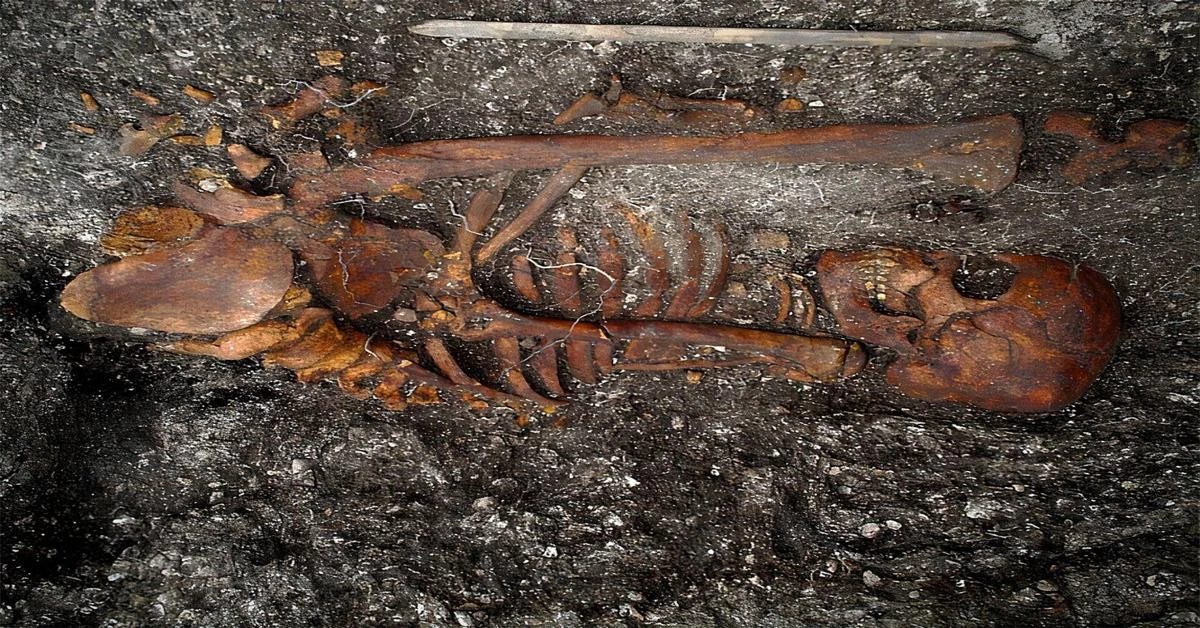Traces of syphilis-like diseases found before Columbus even arrived in Americas

DNA research conducted by scientists on 2,000-year-old bones in Brazil has revealed the presence of a syphilis-like disease in people on the continent before it was discovered by Columbus
An international team of researchers led by Professor Verena Schünemann from the Universities of Zurich and Basel have discovered genetic material of the Treponema pallidum pathogen in the bones of people who died 2,000 years ago in Brazil.
An examination of the bones of four individuals revealed visible pathological changes that may indicate that the deceased suffered from a syphilis-like disease.
It is the oldest confirmed discovery of the pathogen so far and shows that people were struggling with syphilis-like diseases known as treponematosis long before Columbus discovered the Americas.
The study disproves the idea that syphilis and similar diseases were transmitted by people who came to the continent after Columbus.
The international research team used drilling tools with minimal tips to extract small bone samples under sterile conditions.
They isolated prehistoric genetic material (ancient DNA) of the syphilis pathogen from the samples and proved that all the bacterial genomes analyzed could be attributed to the Treponema pallidum endemicum species, the pathogen that causes bejel.
While syphilis poses a global health risk, bejelly, which is spread through skin contact, is currently only found in very arid regions of Africa and Asia.
“Our study was able to show that endemic syphilis was already present in humid regions of Brazil around 2,000 years ago,” Schünemann said.
Source: Newsroom



